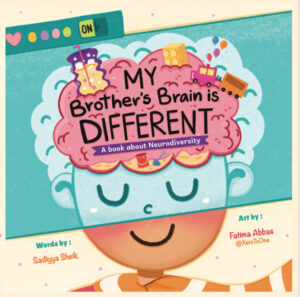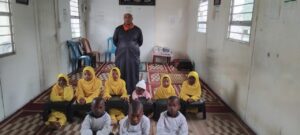By Kiru Naidoo and Selvan Naidoo
Isitwalandwe/Seaparankoe, is the highest honour awarded by the African National Congress, to those who have made an outstanding contribution in the liberation struggle.
Chief Albert Luthuli, Dr. Yusuf Dadoo and Father Trevor Huddleston are among its recipients at the Congress of the People in Kliptown in 1955.
This month marks the 110th birth anniversary of Dr. Yusuf Dadoo and given the current challenges in the consolidation of our young democracy, it is worth reflecting on the kind of society he and his generation envisioned.
Dadoo trained as a medical doctor in Edinburgh. His contemporaries included Doctors K. Goonum and Monty Naicker.
The political ferment in Europe and the great anti-imperialist mobilisation in the European colonies had a powerful impact on their political development. Inspired by the Russian Revolution of 1917, Dadoo became an avowed communist. A few years after their return to South Africa, Goonum, Dadoo and Naicker became heavily involved in the work of the Natal and Transvaal Indian Congresses.
The political milestones of this period included the 1946 Pass Resistance Campaign, the 1946 African Mine Workers'
Strike, the 1952 Defiance Campaign, the 1955 Freedom Charter and the Women'’s March and Treason Trial of 1956. Dadoo and his comrades were deep in the throes of this momentous activism. It is significant to point out that the narrative of non-racialism entered our political lexicon on 1947 when the presidents of the ANC, NIC and TIC signed the Three Doctors Pact committing their organisations to joint action. Dr Alfred Binti Xuma was then President of the ANC.
Prophetically Dr. Dadoo spoke of a new dawn in the winter of 1946. An optimism that mirrors the unifying platform led by our President Cyril Ramaphosa.
Twenty-five years into our democracy, the promise of a better life for all remains a challenge. There is a right ward shift in politics both locally and globally especially in the context of creeping economic and financial crises. A deeply troubling phenomenon is a destructive populist streak in black politics in South Africa whose mobilisation is not dissimilar to the fascist politics of Hitler and Mussolini.
Perhaps the issue that Dr. Dadoo will be most distressed with is rising inequality. In 1991, President Nelson Mandela spoke of Dadoo’s contribution to the struggle beginning in 1938 with the founding of the Non-European United Front in Johannesburg.
Yusuf worked closely with Dr Xuma against the Pass Laws, and with Chief Luthuli in the Defiance of Unjust Laws Campaign; and he was a tower of strength to Oliver Tambo during all those years of exile. At the time of his death, he headed the South African Communist Party, a party he joined in 1939. His prolific speeches and writings record his leadership on all fronts. We miss his leadership today as we plan to move South Africa into non-racial, non-sexist democracy”.
It must concern us that Dr Dadoo’s activist vision of a non-racial South Africa of social justice and equality continues to be elude us.
South Africa ranks as one of the most unequal countries in the world.
Indeed we have a long way to go before we realize the visionary work that Dadoo and his golden generation set for us to achieve. Speaking at the funeral of Dadoo in London, Oliver Tambo the then president of the ANC, said, “We are gathered here to pay homage to an outstanding leader of the African liberatory struggle, a comrade and friend who devoted most of his life in the service of his people, a communist of world prominence; a dedicated and convinced internationalist who has played an effective role in the anti-imperialist movement for world peace and security and for the social progress of mankind. We assure you, Comrade Yusuf, the struggle will go on. Victory shall be ours.”
Selvan Naidoo is Curator of the 1860 Heritage Centre and Kiru Naidoo serves on the Advisory Board of the UKZN Special Collections at the Gandhi Luthuli Documentation Centre.


